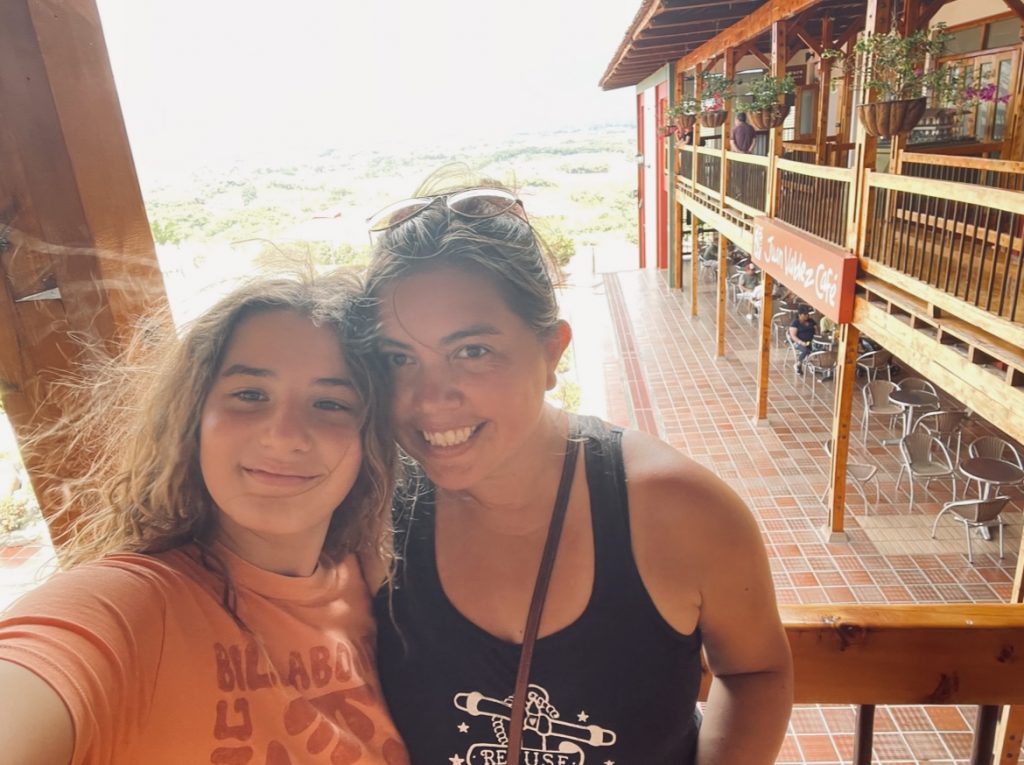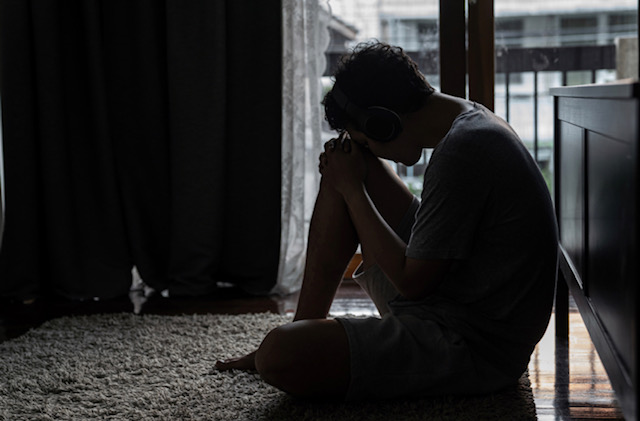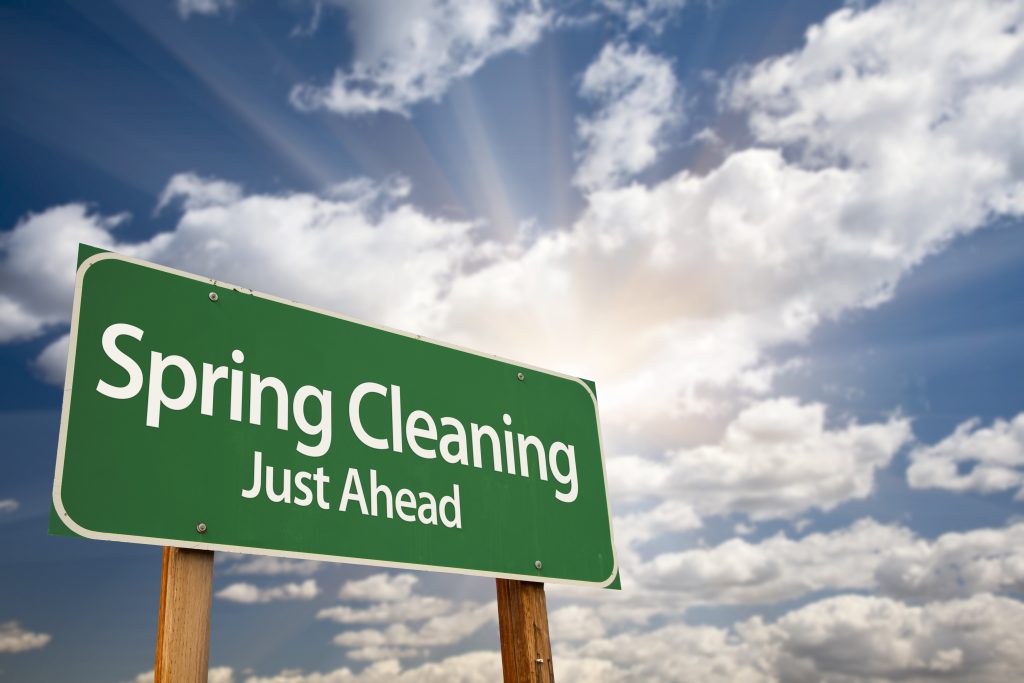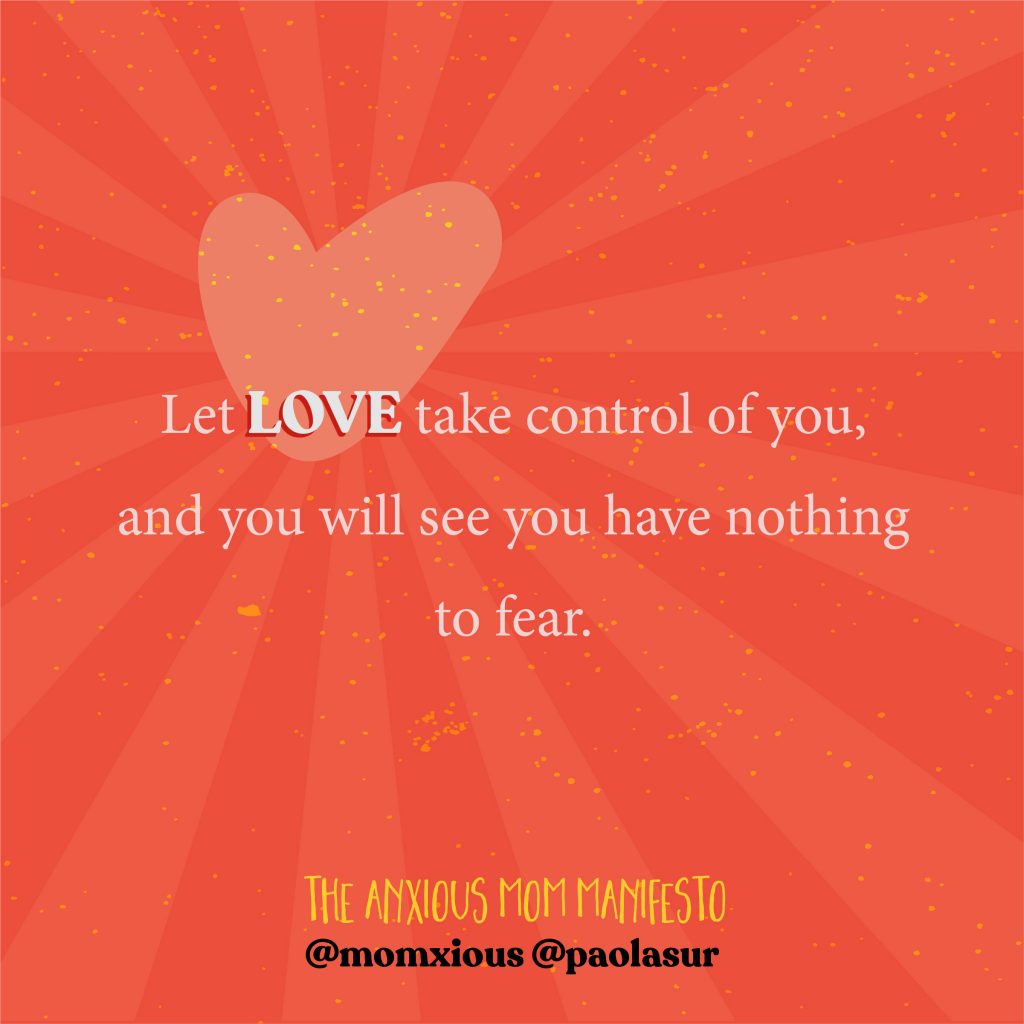Do you love a person with anxiety or does your anxiety affect your relationship? Some tips that surely will not fail!

When I read a book, even if I end up disliking it after I finish it, at least I try to rescue and dissect something from it because as an author I know that behind any book there is not only a lot of work but also a message with meaning. If the message or story didn’t speak to me, I acknowledge that it definitely will speak to many others and that is valuable. That is the beauty of books and writers, there is something for everyone!!! I am starting with this today because the idea of this blog post came from one of those books that I didn’t entirely like but something in its message spoke to me. I am talking about The 5 Love Languages (Gary Chapman).
“It outlines five general ways that romantic partners express and experience love, which Chapman calls “love languages”.” I got to admit that many things in this book make a lot of sense, and I am not going to go into detail about what made me dislike the book, because this is not a review. What I do agree with is that as humans we have different interpretations about love, and we like such love to be expressed to us in specific ways. It is also true that when you decide to share a life with someone else, you start getting to know how that person may prefer to receive love, what actions you can make to have better communication, and expressions of love so the relationship can endure.
However, it is not only about analyzing the other and interpreting their signals. You must speak too. You must let the other person know what do you want. Plus, in life circumstances change and you change, so the ways in which you would like to receive love change. I don’t believe there are just 5 languages. I believe there are billions, as many people are on earth. We are all complex beings in constant evolution. And expressing our love can’t be subdued to a single specific language of love. Although yes, also as humans we do have similar traits and that can give us some clues and guidance to start. In the end, you and your partner will find your own ways and that is what matters.

Having said that, let’s talk about love and the anxious person. I am not a therapist and by no means do I pretend to be an expert on love and anxiety. I am just an anxious mom, standing in front of a reader, asking them to be inspired. Whenever and whatever I write, that is my only intention. If my words and my experiences can inspire others why not share them?
I have been in a very long-term relationship with my husband, 11 years of marriage but almost 2 decades together. I have also battled anxiety for as long as I remember. It wasn’t easy, but we have found a great way to communicate our love to each other, to make our own rules, and just keep swimming, with my anxiety and all. Being the anxious one made me discover a lot of things on the road and I just want to share those with you.

I am not sure if there is a specific Love Language for the anxious ones but I do believe there are certain things you can do to make the relationship work better if you are the anxious or if you love an anxious.
If You Love an Anxious One:
-Educate yourself about anxiety: Not all the anxious are created equal, but if you can start by understanding how an anxious person generally could feel, you are up to a good start. Put Google or Alexa to good use and dig a little bit if you really love that person.
-The other person doesn’t want you to fix them: Anxious people are not looking for a hero, but a supporter. Someone they can call to hear them out, to remind them about a breathing exercise, to distract them, or just simply to hug. They are not looking for you to fix their anxiety nor do they want you to fix them. Anxious people are not broken.
-Be compassionate. An anxious person can manifest their anxiety in many ways. While you learn about what triggers them and how you can help, try to be patient and kind. You may feel frustrated, which is normal because anxiety is difficult to understand if you don’t have it, at least in levels when it is considered a mental illness. It will get better.
-Words to say: I love you, I am here for you, you are safe, I am listening.
-Words you shouldn’t say: It’s all in your head, pull yourself together, there are other people with bigger problems, don’t be dramatic.
If You Are the Anxious One
–Don’t hide your anxiety. Find ways to explain to the other person in the best way you can about how you feel, and what to do, and most importantly, what do you expect from them.
-Be as clear as possible. Tell your significant other about the support you need in the event of an episode or a panic attack, so they will know what to say or do.
–Think of something reasonable you can ask from others in case of an anxiety episode. A hug, holding your hand, an encouraging word, a joke, singing along with you. The sky is the limit!
-Be patient. When another person gets frustrated with your symptoms don’t take it personally. Remember that this is also confusing for them. If there is love it is possible.
-The more love you give to yourself, the more love you’ll have to share with your significant other. LOVE YOURSELF, FIRST.
–Speak up: The anxious person doesn’t like to admit they are anxious. I get it. You have believed all your life that a mental illness or anxiety is a negative trait. But I invite you to think about it differently. All of us have something to deal with. For some are migraines. For you is anxiety. People are not mindreaders. If you don’t tell the other person about this, then don’t expect them to know what to do. When you speak about anxiety you are contributing to a big conversation and doing your part to end the stigmas around mental health.
Do you have any other advice? I would love to read your answers! And HAPPY VALENTINES DAY!!!
Paola is the author of The Lake of Miracles/El Lago de Los Milagros, Shorty Tales (Cuentitos), and The Anxious Mom Manifesto: 18 Lessons to Control your Anxiety Monster. Find her books HERE.
Follow Paola @paobsur
Click on the image to order your book!










